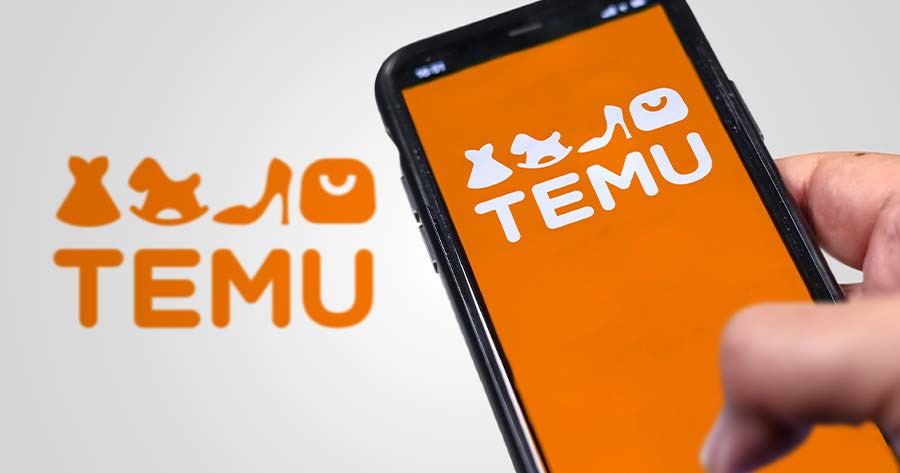Temu, the popular e-commerce platform operated by China’s PDD Holdings Inc., is overhauling its U.S. business model to focus solely on selling products already present in the United States, scrapping its once wildly successful model of importing low-cost goods directly from Chinese manufacturers.
The change comes as U.S. authorities tighten policy on Chinese imports, eliminating the “de minimis” exemption that allowed inexpensive parcels from China to enter duty-free and escalating tariffs under President Donald Trump’s trade agenda.
Both Shein and Alibaba, other dominant Chinese e-commerce players, have also been hit by rising import duties and have begun to pass additional costs to consumers.
Temu confirmed in a statement that it’s now actively recruiting U.S. sellers for a “local fulfillment” program, in which all products will be shipped domestically. The company insists it will maintain its famously low prices for American consumers, even as its supply chains pivot away from direct shipments from China.
Previously, Temu relied on a “half-custody” approach, where vast quantities of inventory were positioned in U.S. warehouses by Chinese factories, with Temu only controlling the online marketplace.
However, as inventory is depleted and tariff rates remain steep, reportedly as high as 145%, the costs of replenishing stock imported from China have soared, rendering the old model unsustainable.
The firm’s strategic pivot echoes the broader dilemma facing U.S. retailers. While giants like Walmart and Target have yet to hike shelf prices, they face mounting pressure from global supply chain disruption. Meanwhile, Shein has raised prices on some U.S. items, and last week Temu added a transparent Trump tariff fee to customer checkouts.





